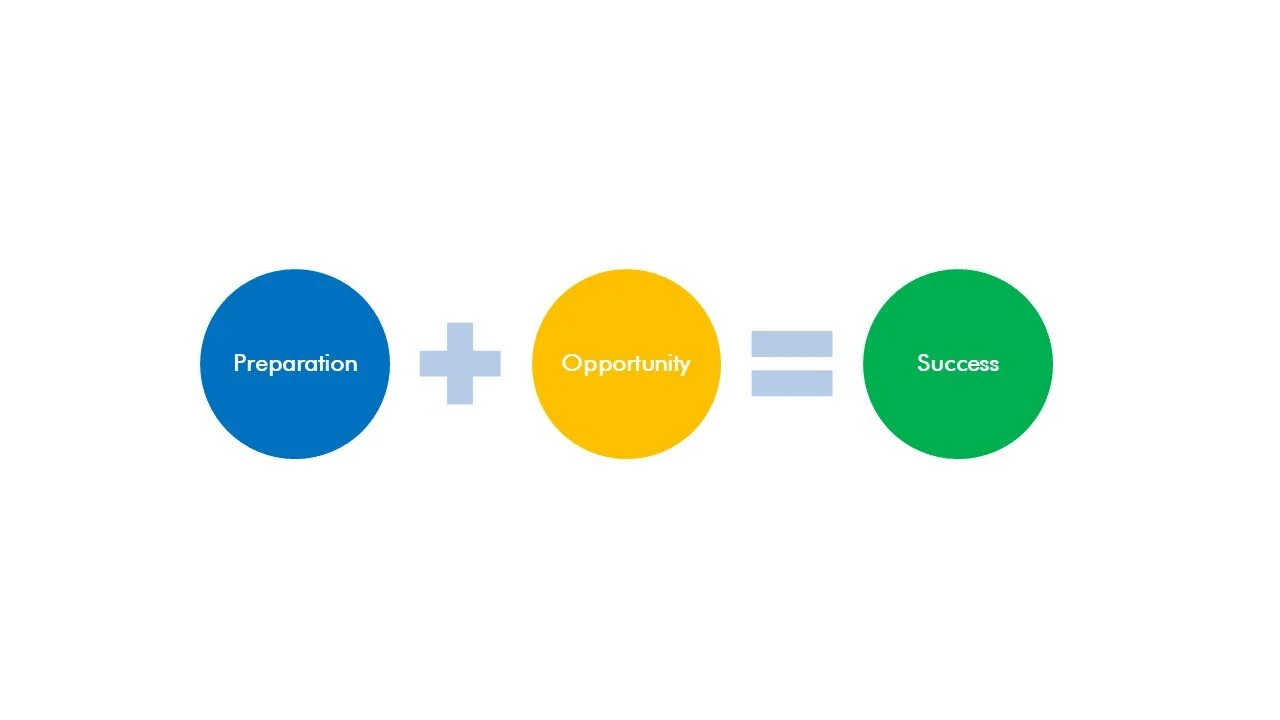As we merited to make the journey, yet another year, from slavery to freedom, from the constraints of Egypt to the open desert, it is incumbent upon us to find the relevance of Passover in our lives.
There is a remarkable piece in Gd’s method of preparing the Jews to leave Egypt. Gd commands every Jewish household to take a lamb into the home for a few days, then slaughter it and mark the doorpost of the house with its blood. Imagine being in that place for a minute. Take a lamb, the very animal that is worshipped as a deity in the hostile society in which you live…care for it, then risk your life to kill it so that its blood will protect you from Gd’s final devastating blow. To take this action required such a deep trust in Gd, that most of the Jews didn’t do it. Most assimilated and were lost and only a minority followed Gd’s word and left Egypt.
This marking on the doorpost – it was the first mezuzah! Jewish Egyptians were challenged to distinguish their homes, not with a subtle mark, but with a bold, emphatic and risky statement. Gd clearly had an eternal message in this and it applies to us today.
As educators and investors in Jewish education, we are partners with the holiest institution since the beit hamigdash stood – that is the Jewish home. Many Jews, I would guess, the vast majority, have no idea that the holiest place is in fact, not the synagogue, but the home. Some even think, “I am a bad Jew because I don’t go to synagogue!” When in fact, every Jewish home has equal potential to instill the Jewish identity and values that sustain the Jewish people. The Jewish institutions that we devote ourselves to are extensions of the home. School is not a substitute for, but an essential limb of the home. When families choose to entrust their children’s education and direct their dollars to Jewish day schools, they expect an experience that, like their homes, is distinctly Jewish. Distinction is in our DNA and has enabled our survival throughout the ages. Scattered to all four corners of the Earth, distinction is the unifier that has made survival possible. Gd said, “mark your houses” because the values that you hold inside, are the hallmark of the Jewish family that will distinguish you for all time. When Gd commanded us to make ourselves distinct, it was by the unit of the home, not the individual.
Read More






